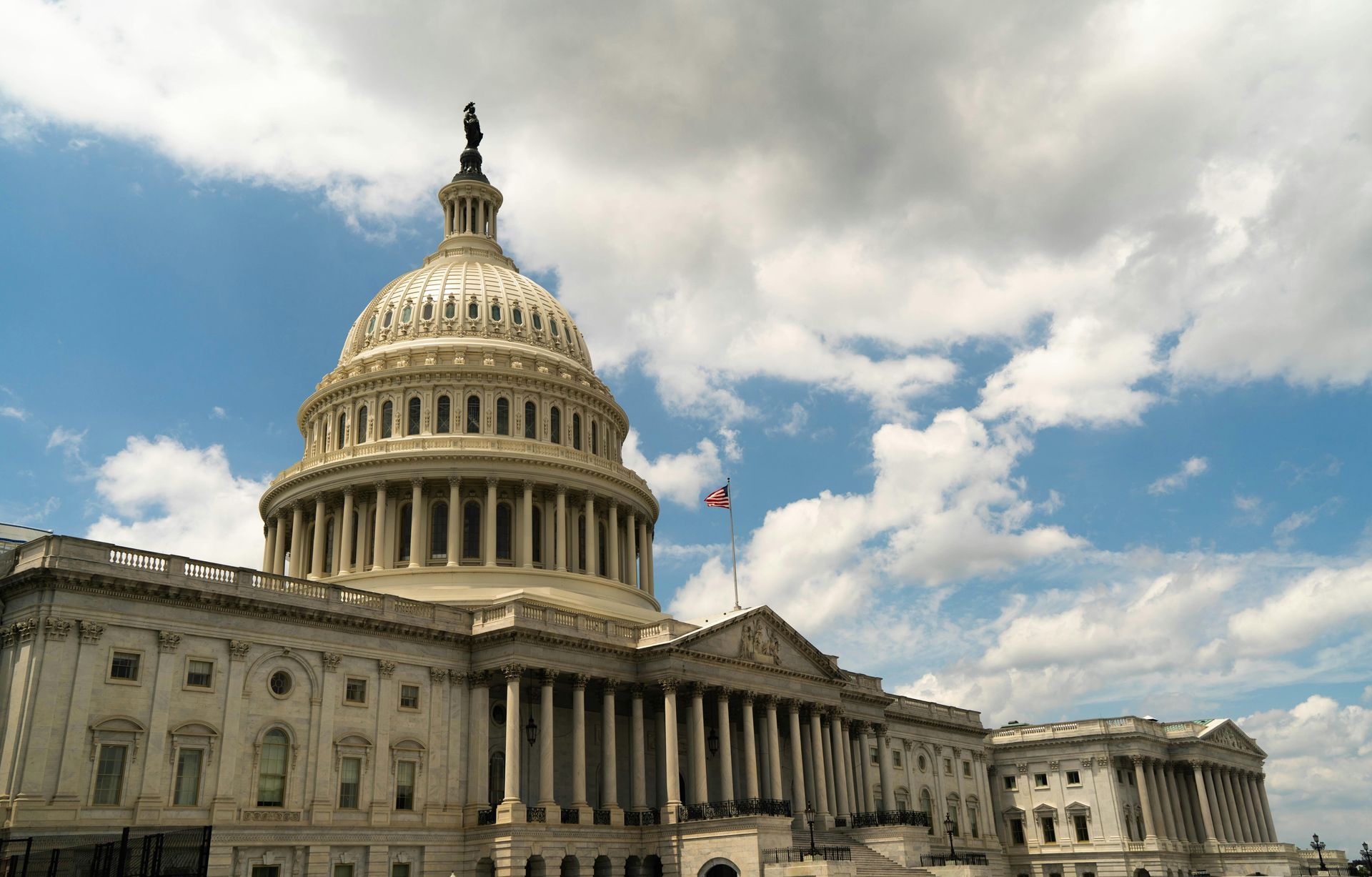ACA Compliance in the Motion Picture Industry

The Affordable Care Act (ACA) has had significant ramifications across various sectors, and the motion picture industry is no exception. This comprehensive legislation has introduced new compliance obligations, reshaping the landscape of payroll, labor relations, and employer requirements within the industry. We'll highlight the impacts of the ACA on the motion picture industry, providing detailed insights and practical advice for industry professionals.
Compliance with Employer Mandates
The ACA mandates that employers with 50 or more full-time employees offer health insurance coverage or face penalties. For motion picture industry employers, this requirement necessitates meticulous documentation and adherence to compliance guidelines. The transient nature of employment in this industry, characterized by project-based engagements and freelance work, complicates the determination of full- and part-time status. Consequently, employers must implement robust tracking systems to monitor employee hours and ensure compliance.
Collective Bargaining Agreements
Collective bargaining agreements (CBAs) within the motion picture industry ensure fair working conditions and wages, including health benefits. Collective bargaining agreements must include provisions for qualified health plans for the covered employees.
Documentation and Record-Keeping
The ACA requires meticulous documentation to substantiate compliance with its mandates. Employers in the motion picture industry must maintain detailed records of employee hours, health coverage offers, and enrollment data. This necessitates the implementation of sophisticated payroll and HR systems capable of capturing and storing this information accurately. Such systems not only facilitate compliance but also provide a reliable audit trail in the event of regulatory scrutiny.
Training and Awareness
Given the complexity of the ACA and its impact on the motion picture industry, ongoing education and training are paramount. Studio finance executives and film production accountants must stay abreast of the latest regulatory changes and their implications for payroll and labor relations. Tailored training courses can empower these professionals to navigate the ACA's requirements effectively, thereby ensuring compliance and mitigating potential risks.
Employer Requirements and Penalties
The ACA imposes stringent penalties on employers who fail to comply with its mandates. For instance, employers who do not offer affordable health insurance coverage to full-time employees may face substantial fines. In the context of the motion picture industry, where project budgets are often tight, such penalties can have severe financial repercussions. Therefore, it is imperative for employers to understand and fulfill their obligations under the ACA to avoid these punitive measures.
The Affordable Care Act has undeniably transformed the landscape of the motion picture industry, introducing new challenges and compliance requirements. By understanding the ACA's impact on collective bargaining agreements, documentation, and employer mandates, industry professionals can navigate these complexities more effectively. Ongoing education and training are crucial in equipping studio finance executives and film production accountants with the knowledge and skills needed to ensure compliance and support the industry's continued success.
For further guidance on navigating the ACA's requirements within the motion picture industry, feel free to reach out for tailored solutions and expert advice.









